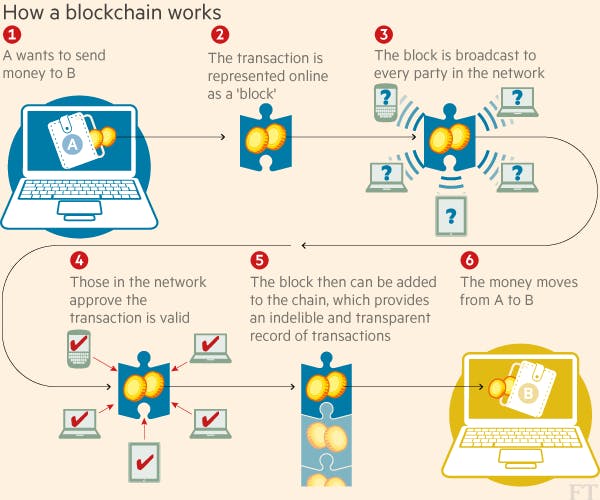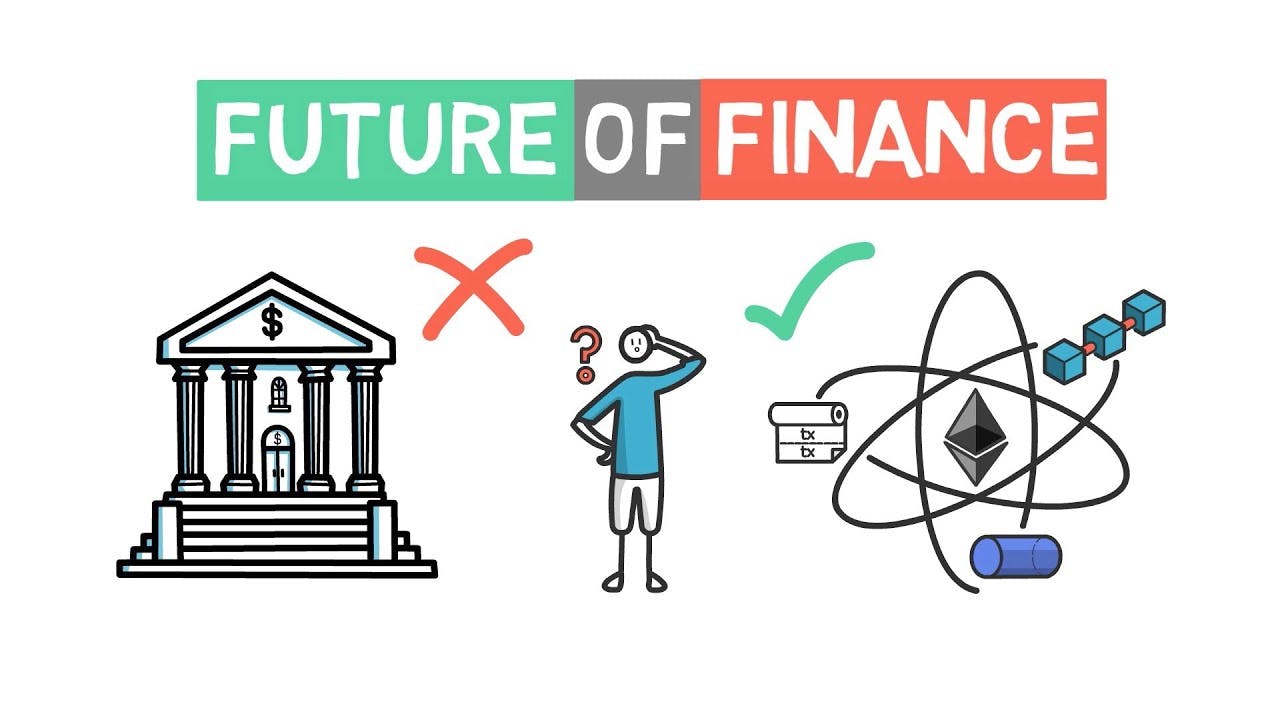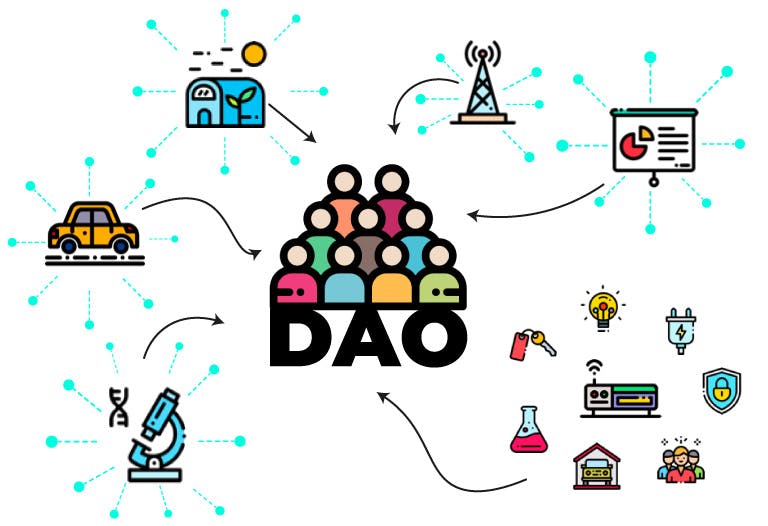Hi, I hope the week is treating you well. Last week, I narrated the evolution of the world wide web from web1.0 to web3.0 in a concise manner so as not to bore you.
This week, I wish to throw some light on some use cases of web3.0. This is important as to make meaning of this brouhaha we currently find ourselves in.
However before I dive in, I need to first introduce the concept of Blockchain. This is so because we can not really appreciate the importance of web3.0 without understanding one of its biggest pillars and which also goes to explain the decentralisation principle.
In web1.0 and web2.0, the use of centralised computing resources is common. These units also known as servers are warehoused in locations which makes it possible for other computers or websites to connect to and retrieve information from them. It therefore is easy to explain why the Tech giants like Facebook, Google and Amazon are able to accommodate an almost limitless amount of requests around the world today.
As I tried to explain last week, this sole depository of information by these behemoths today has given rise to a new worry of data privacy breaches and mismanagement.
The emergence of Blockchain technology has come to address this concern. This is so because now, information is no longer in the hand of corporations but with any one who volunteers to join in. Here, anyone with the right equipment can become a "validator". The process of validation results in an action known as a block and with other such blocks being constantly produced all over, this arrangement becomes known as a chain of blocks or simply, a blockchain. Merrily, the chain goes on to perform different functions as requested by others in a very harmonious fashion.
I will elaborate on this later.
 With this said, let's examine two popular use cases of web3.0 today;
With this said, let's examine two popular use cases of web3.0 today;
- Decentralised Finance (DeFi) - Before Defi, there was TradFi or Traditional Finance. We already are familiar with the basis of TradFi as most of use own bank accounts and conduct one or two transactions regularly. A common type being as simple of sending or receiving money electronically. When things go well, we rejoice but sometimes, it can be a difficult or even an impossible task to transact such a seemly simple process especially when your Central bank puts its shoe in the door. For instance, for those of us living in Nigeria, it is impossible to receive funds via Paypal even when it is almost a seamless process for many others abroad. The Central bank has insured this and this is an inevitable fallout from putting all of our eggs in our centralised entity. Now comes DeFi to the rescue! With peer to peer operations, it is no longer a hindrance to send and receive money(in form of Cryptocurrencies) today. The advantages of DeFi include transparency and openness. Also, users do not need to open bank accounts with obnoxious demands from the authorities. Lending is also available in a very seamless way.

- Decentralised Autonomous Organisations (DAOs) - DAOs make it possible for people to run (online) communities in a democratic way. With the consensus stored in form of a smart contract in a blockchain, decisions are quickly arrived at with voting privileges based on how much each member committed with in the DAO. A single individual or centralized entity cannot change the rules of DAOs. On top of it, DAOs ensure autonomy by using smart contracts for tallying votes and implementing decisions without the need for human intervention. So with the help of web3, such usually disputed exercises like elections can actually be organised without loosing much sweat. Once the voter register and voting parameters are uploaded in form of a contract to a blockchain, any electoral decision reached can never be challenged as transparency is ensured and fraud and every other means of manipulation is cut off. Well you might ask, "who would conduct an election wholly online"? Well, it was almost impossible yesterday to imagine that we could transact financial transfers without the use of the almighty central bank but see where we are today! In any case, this use case holds a lot of promise for the decentralised web3 community.
 So in wrapping up, the concept of blockchain gives a lot of meaning to web3.0 in that it showcases what decentralisation actually portends. DeFI and DAOs are two big examples of web3.0 application and they both promise to make financial transactions and consensus exercises more open and easy.
So in wrapping up, the concept of blockchain gives a lot of meaning to web3.0 in that it showcases what decentralisation actually portends. DeFI and DAOs are two big examples of web3.0 application and they both promise to make financial transactions and consensus exercises more open and easy.
Next week, I will discuss a few use cases in web3.0 including the Metaverse, decentralised browsers, games etc.
Catch you then!

